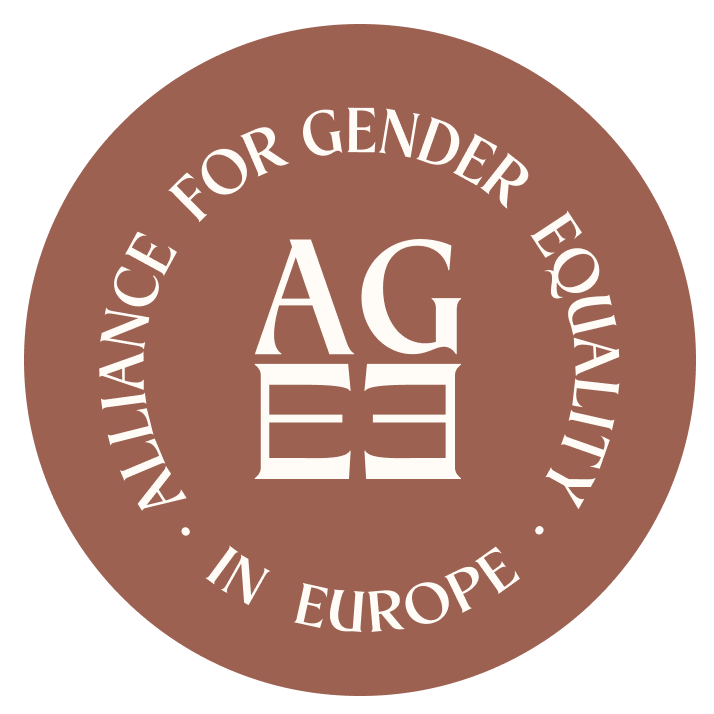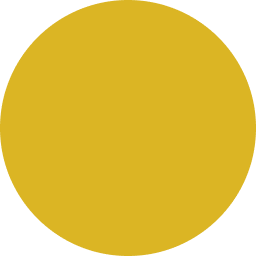In July, we announced the distribution of 3.5M€ of grants to 26 organisations through our 2023 economic opportunities fund. This call for proposals was our second and biggest in terms of funding. At the Alliance, we are committed to be a learning organisation whether it is to learn from the ever-evolving field of gender equality in Europe, grantmaking practices and philanthropic collaborations. After months working on this call for proposals and a well-deserved summer break, we thought it would be a good moment to take a step back and share our learnings.
Striving to make our grantmaking processes more accessible and equitable
The Alliance was created 2 years ago with the aim of contributing to close the funding gap for small frontline gender organisations across Europe. Thus, as we want to reach those small organisations that fall under the cracks of traditional funding, we’ve taken steps to make our open call for proposals more accessible and equitable.
We hosted Q&A webinars where potential applicants could participate and ask questions on the call for proposals. We believe this helped clarify what we were looking for and understand better the application process.
We also organised the application process into 2 stages. The idea was to not overburden applicants already in the first stage but to allow them to invest more time and effort in the application process once they get to the second stage and have thus a higher chance of being selected. In the first stage, applicants had to submit only a 2-page concept note. 50 organisations made it to the second stage and had to complete a full application.
During the second stage, with the aim of levelling the playing field, we provided external coaching for the 11 smallest ones to support them, for instance, in better structuring their application and phrasing the language. We borrowed this good practice from our colleagues at the European AI & Society Fund. As a result, all the organisations benefitting from it declared that because of the coaching they felt their proposal was better.
We worked with an external selection committee made of gender experts from CSOs, women’s fund, philanthropy, academia, and the private sector across Europe that gave recommendations to our steering committee, our ultimate validation body. This was a way for us to engage in consultation and broaden our perspectives beyond the Alliance networks and approaches.
We also gave personalised feedback to all the 364 applicants. As we know applicants rarely get feedback when their application are rejected, we aimed at contributing to strengthen their capacity in fundraising.
Despite those efforts, we acknowledge that open calls for proposals remain time consuming for applicants as they usually have only a small chance of being funded. Indeed, we received 364 applications and could only fund 26 of them, a 7% chance of getting a grant. This high competition also meant that not all deserving organisations were funded. Open calls also encourage a competition mindset that doesn’t fully match our equality, fairness, and justice principles.
Calls for proposals are also time consuming for the small team of the Alliance. As we also wanted to provide applicants with a rather quick answer, it meant heavy workload and less qualitative time spent on analysis.
We also learned the limitations of written proposals as it leaves less room for meaningful exchanges and understanding of the applicant goals, rationale and work. We also work in English, which is for most of the applicants (and us) not a native language, leaving some crucial information literally lost in translation.
Making tough choices because of the chronic underfunding of the sector
As mentioned, we received 364 applications amounting to a total request of 48 million euros. This indicates a clear lack of resourcing for the work at the intersection of gender equality and economic inclusion. It also means that we had to make tough choices.
We decided to prioritise organisations that were matching our selection criteria and therefore demonstrating the following:
- A strong intersectional gender analysis of the issue and relevant plans responding to it
- Organisations led by the communities they serve and/or using highly participatory methodologies
- A clear idea of the potential economic impact of their activities for their target groups
- An understanding of how the Alliance grant could benefit their organisational capacity and sustainability
We also appreciated to see the following in the selected proposals:
- Contextual knowledge
The organisations had a deep knowledge of the political, social and economic context in which they operate. Sometimes, the framing of economic inclusion outlined was different from our own, but we appreciated learning from it and expanding our understanding.
- Working on individual empowerment and striving to change systems
In concrete terms, winning applications were using a set of activities to support individuals ranging from trainings, jobs placements, mental health, and well-being service provision along with awareness raising, advocacy and building networks and partnerships with employers and/or ally movements that all contribute to change deeper systems of oppression. We believe that this creates a virtuous cycle of learning and enable to get out of the binary short-term/long-term objectives.
- Authenticity
Selected proposals demonstrated the fit between their organisational goals and activities and the call for proposals framing rather than building an ad-hoc proposal to fit into our criteria.
However, given the high volume of applications, we had to turn down some qualitative proposals which were either not entirely fitting our criteria or performing less well than others. We also recognise that the framing of this call for proposals was quite specific and we might have missed good initiatives that didn’t apply.
In this call for proposals, we handed out 2-years project or core grants. While we have loosened our financial rules to make them more flexible, we acknowledge we should progress towards unrestricted funding, as it has been widely documented to have positive capacity and sustainability impacts for organisations.
Way forward
Building from this experience and learning from other grantmakers, the Alliance will take time to reflect deeper on its grantmaking practices. We will explore how we can improve our practices embedding deeper trust, sourcing applications outside of calls for proposals while remaining open, striving for a portfolio approach of grants rather than restricted thematic focus, systematise meaningful oral exchanges in the application and reporting phases and provide more unrestricted long-term funding.
We are also committed to upscale our awareness raising work to ensure that more funding gets to the gender equality sector in Europe, trying to close the enormous funding gap and do justice to the movements achievements.


